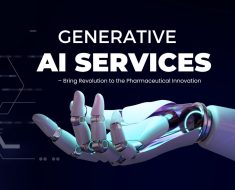
In recent years, deep brain stimulation has been widely used in the treatment of various difficult diseases of the nervous system. The rapid development of machine learning algorithms has greatly promoted the application and development of deep brain stimulation. Machine learning can help in preoperative screening of surgical candidates, outcome prediction and surgical planning. It can assist target localization during operation. More importantly, the local field potential signals recorded by macroscopic electrodes can be analyzed in real time after surgery, which provides a basis for the development of a closed-loop stimulation system. Of course, the application of machine learning also has its limitations and challenges, such as dimensionality reduction of high-dimensional data, development and validation of new models and etc, which need to be further explored and improved.
近年来,脑深部电刺激已被广泛应用于各种神经系统疑难疾病的治疗。机器学习算法的飞速发展,极大地推动了脑深部电刺激的应用和发展。机器学习可在术前帮助筛选手术候选患者,疗效预测和手术规划。在术中可辅助靶点定位。更重要的是,在术后可实时分析宏观电极记录的局部场电位信号,为闭环刺激系统的开发提供基础。当然,机器学习的应用也有其局限性和挑战,如高维数据的降维,新模型的开发和验证等方面,尚需进一步的探索和完善。.





